Just like humans, dogs can have allergies, too. Let’s learn about the most common types of allergies in dogs, the symptoms and treatments to help your Doodle feel at ease.
Types of Allergies in Dogs (Causes of Canine Atopic Dermatitis)
If you’re allergic, you probably know that there are many different types of allergies that you can suffer from. Just like us, dogs can suffer from food, skin, and seasonal allergies. In addition, some dog allergies may be hereditary.
Let’s go through the most common types of allergies in dogs.
Dog Food Allergies
Similar to humans, dogs can become allergic to certain foods. And this can happen at any age. It doesn’t matter if you’ve fed your Doodle the same food all of his life. At some point, he might become allergic to the ingredients in it.
The most common types of allergens include protein sources like chicken, beef, and dairy. Other proteins include egg, fish, lamb, and pork. But a dog can also develop an allergy for grains like rice, corn, oats, barley, and wheat. Typically, the allergens have a high protein content.
Food Allergy vs Food Intolerance in Dogs
The symptoms of food allergies and food intolerance are usually similar. Still, they’re not the same thing. Dog food allergy means that your Doodle’s immune system is hypersensitive to a certain allergen and basically starts fighting it with an allergic reaction.
On the other hand, food intolerance or food sensitivity describes all other adverse reactions that a dog can have after eating. For instance, lactose intolerance. This is usually caused by a dog’s inability to properly process the lactose-containing food.
Food intolerance in dogs can also be triggered by different additives like preservatives, colorants, and flavorants.
Wheat Allergy in Dogs
Wheat and grain allergy is not that common in dogs. Nevertheless, if your Doodle has been exposed to excess wheat and grains in their diet, they may become allergic over time, just like with any other food group. Because wheat is actually pretty high in protein, it does pose a risk of triggering an allergy.
Seasonal / Environmental Allergies in Dogs
Seasonal allergies in dogs are fairly common. It is triggered by environmental surroundings. These include different types of pollens, weeds, mildew and molds, and even house dust mites.
If you’ve noticed that your Doodle starts to itch or sneeze more once everything’s blooming outside, it might be because of a seasonal allergy.
Can Dogs Be Allergic to Grass?
Yes, dog seasonal allergies can often include grass pollen. Keep in mind that grass pollen is not only found in grass, but it can spread with wind. In other words, your Doodle might inhale it just from the air, or maybe it’s spread on other surfaces where your Doodle has walked.
Skin Allergies in Dogs
Just like humans can develop skin allergies, so can dogs. Canine atopic dermatitis (CAD) – a.k.a. allergic dermatitis – is very common in dogs. It is generally an inherited issue, but it’s triggered by excess exposure to allergens.
One of the most common types of allergies in dogs is a flea allergy (flea allergy dermatitis a.k.a. FAD). This is triggered by flea saliva, not the flea itself. Fleas bite into a dog’s skin to feed on its blood. Meanwhile, they leave a small amount of saliva in those bite marks. As flea saliva is a protein, it can often cause an allergic reaction on your dog’s skin.
Furthermore, a dog can experience bacterial hypersensitivity a.k.a. staphylococcus hypersensitivity. The Staphylococcus bacteria is completely normal and found on everyone’s skin – on humans, cats, and dogs. But if, for whatever reason, a Doodle’s skin is irritated by excess scratching, chewing, or licking, this bacteria may start to cause issues. Thus, if your pet already has irritated skin because of other allergies or FAD, they are at further risk of developing bacterial hypersensitivity.
Food, seasonal, and environmental allergies can all cause skin irritations. Moreover, different types of grooming products like shampoos and conditioners can also trigger an allergic skin reaction.
What is the most common allergy in dogs? The majority of allergies are triggered by environmental factors like pollen or fleas.
Are Doodles Prone to Allergies?
Since Poodles seem to be affected more than most other breeds, with toy Poodles seemingly most susceptible, Doodles do have a chance of inheriting these allergy risks.
Golden Retrievers and Labrador Retrievers are also prone to allergies. Namely, FAD, CAD, food, and environmental allergies. Therefore, if you have a Goldendoodle or a Labradoodle, be prepared for a risk of allergies. (Source)
Additionally, Cocker Spaniels are also prone to developing allergies. Thus, Cockapoos and Australian Labradoodles might be at risk, too.
Symptoms of Allergies in Dogs
The most common symptoms of allergies in dogs include:
- Itchiness on skin, ears or paws
- Inflammation or swelling and redness on face, lips, ears or paws
- Hives, scabs or crusty skin
- Watery eyes
- Constant licking of the skin
- Sneezing and coughing
- Snoring
- Runny nose
- Vomiting and nausea
- Diarrhea
- Hair loss and bald patches
How Long After Eating Do Symptoms Appear?
If your dog suffers from a food allergy, the symptoms may appear almost immediately or up to 24 hours after eating the food that triggered an allergic reaction.
Do Dog Food Allergies Affect the Skin?
Typically, if a dog has food allergies, the symptoms may be either gastrointestinal or appear on the skin. Some pets experience both types of allergy symptoms.
Testing a Dog for Allergies and Diagnosis
A quick and simple blood test helps to test and diagnose allergies in dogs. However, in some cases, veterinarians use skin allergy testing or a skin scrape. This option is claimed to be more accurate and they’re only done by veterinary dermatologists. Keep in mind that during this process a dog is sedated or under anesthesia.
Professional Dog Food Allergy Test
You’ll probably be wondering, how much does an allergy test for dogs cost? Typically, it can range between $200-$400. Some veterinary clinics have included all steps like exam fees and sedation, while others will quote you for these separately. Ask for the full price, so you know what to expect.
Some pet insurance plans may cover this type of testing and reimburse a majority of the vet bill. See our article comparing pet insurance for Doodles to learn more.
At-Home Testing Kits
Of course, there are many at-home testing kits to determine allergies in dogs. Usually, you can easily do the test with a sample of your dog’s saliva or hair. (Source)
Please keep in mind that at-home testing kits might not be as accurate. Additionally, your veterinarian knows your dog’s full medical history. Therefore, they probably have a more comprehensive overview of the allergy symptoms and possible causes.
Here are some at-home dog allergy testing kits on the market:
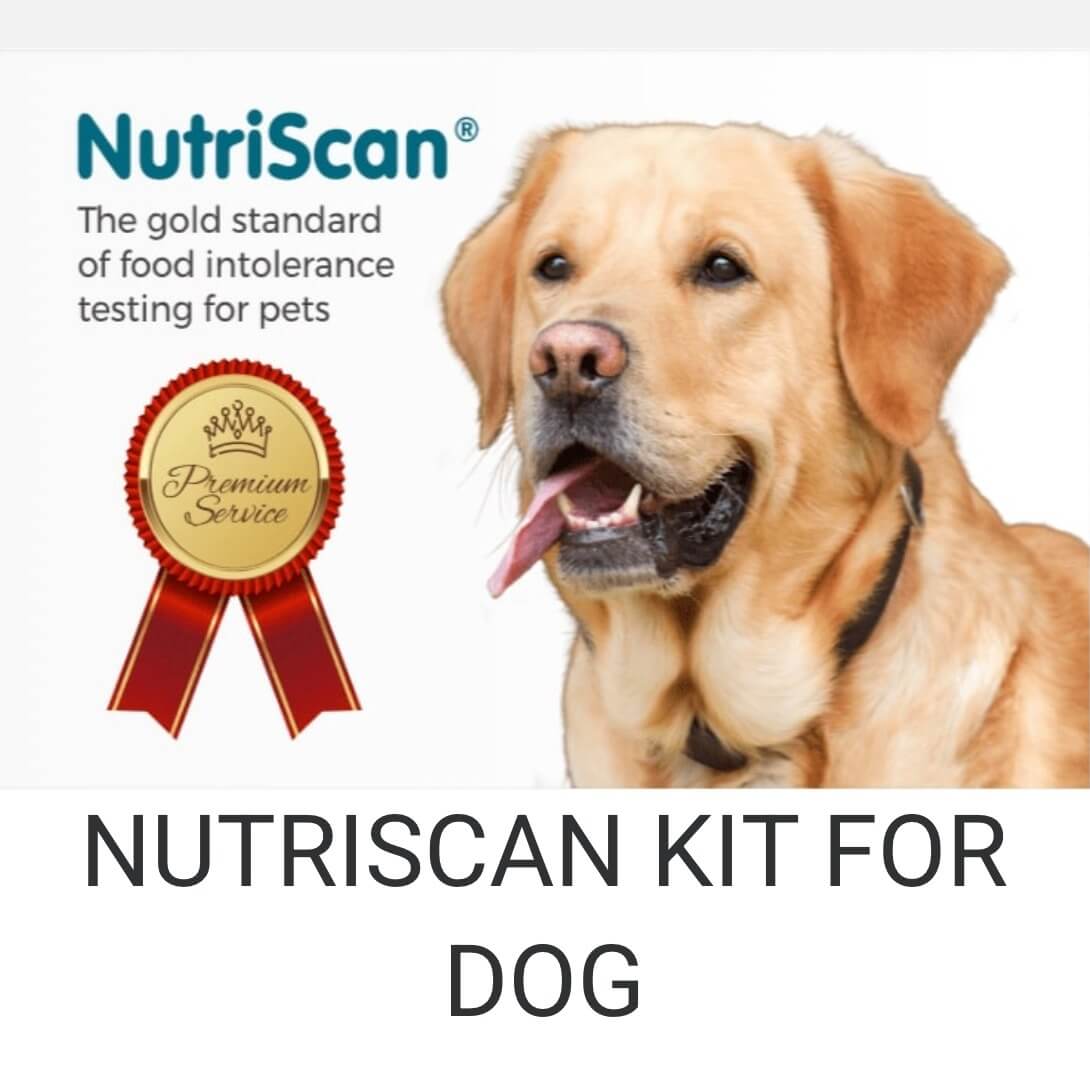
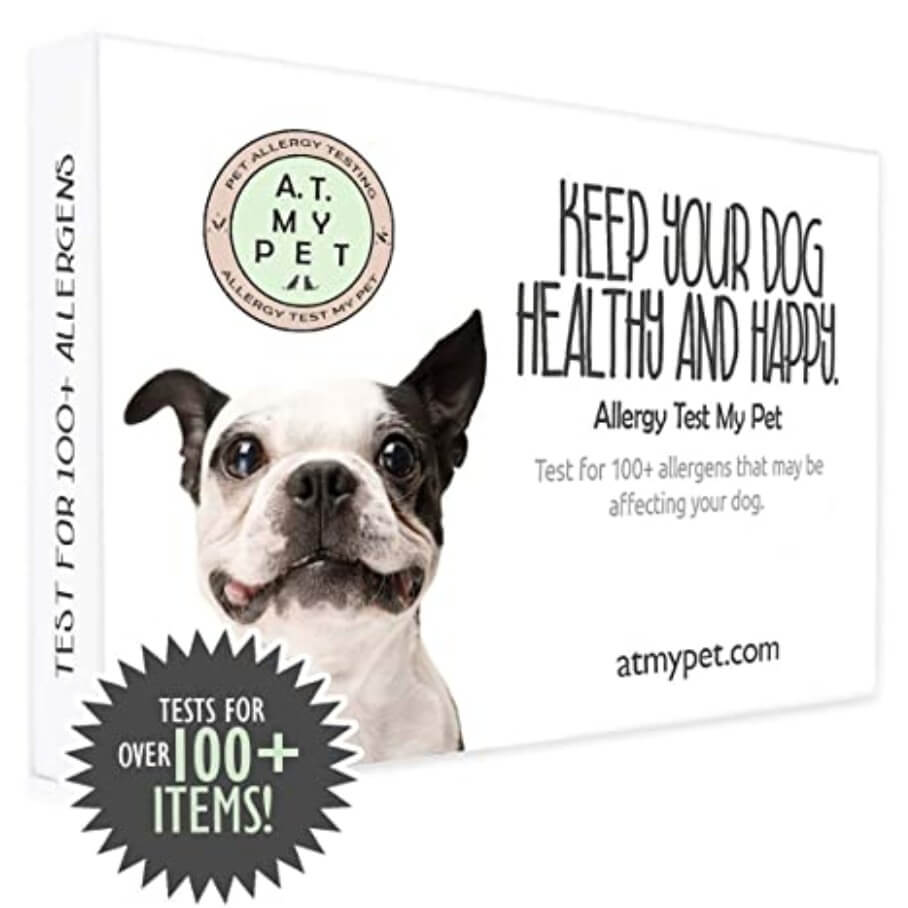
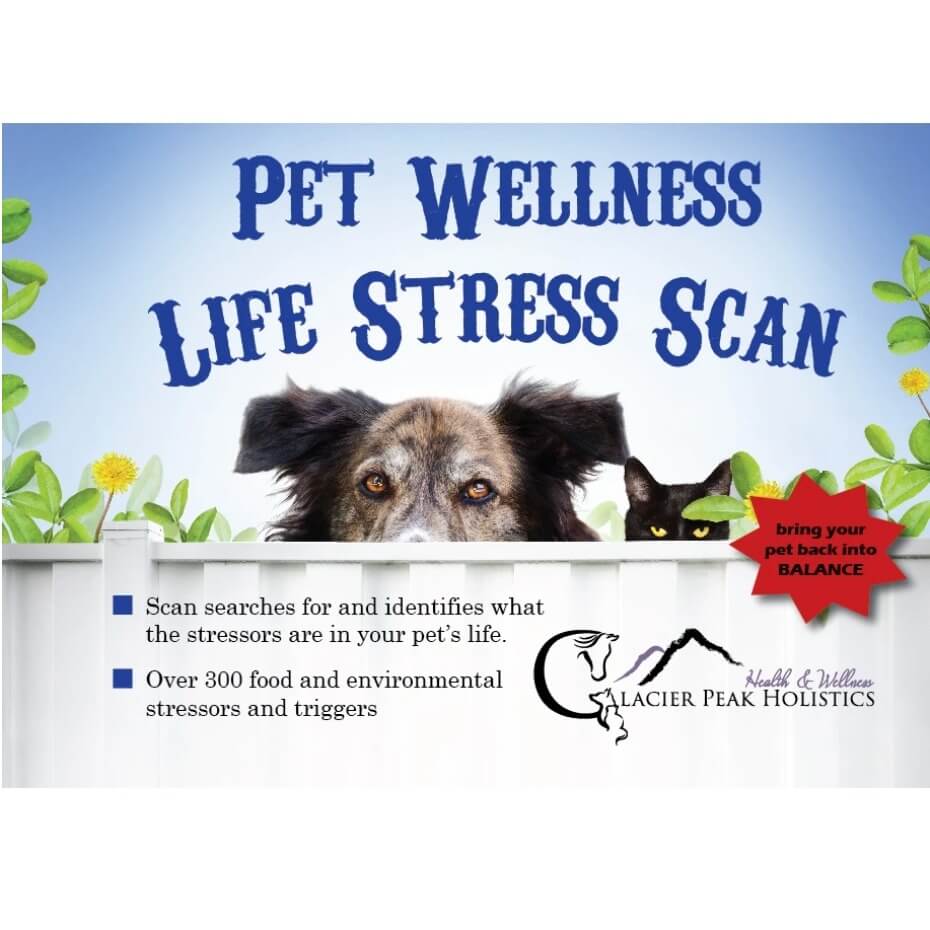
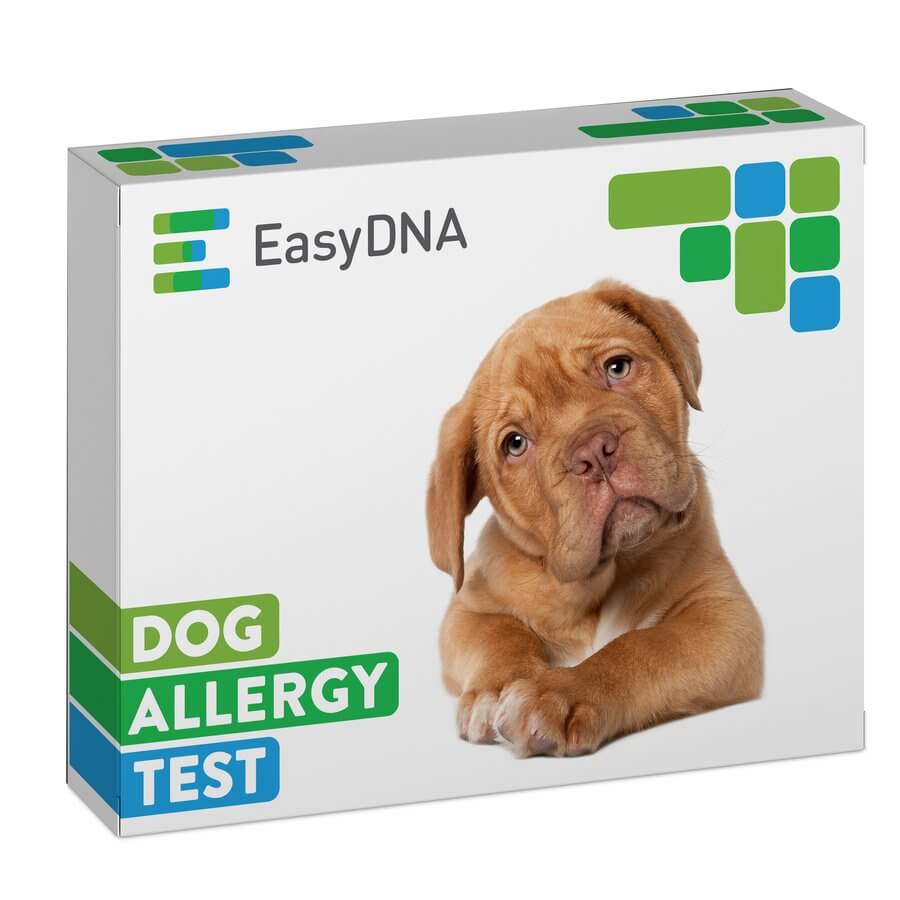
Dog Elimination Diet
An elimination diet for allergies in dogs is one of the best ways to determine what triggers an allergy. This diet means that your pet will eat only one type of protein and one type of carbohydrate for 8 to 12 weeks. But only do this under the guidance of your vet.
Treatments for Allergies in Dogs
So what do vets prescribe for dog allergies? Dog food allergy treatment may include the elimination diet or antihistamines prescribed by your veterinarian. Dog seasonal allergy medication can include topical prescription lotions, allergen injections, oral prescription medications, or medicated dog shampoo.
Benadryl for Dog Allergies
If you’re wondering “Can I give my dog Benadryl for allergies” – in most cases, yes. Many veterinarians recommend Benadryl to combat allergies in dogs. However, always consult with your vet before giving your Doodle any medications.
How Can I Help My Dog With Allergies?
Depending on the type of allergy your Doodle suffers from, there are quite a few ways of how to treat dog dermatitis at home.
First and foremost, if your Doodle is allergic to pollens, gently wash them after each walk or playtime outside. And thoroughly dry your dog, so no moisture is trapped between his toes or ears, as well as to prevent matting in his coat.
What Natural Remedy Can I Give My Dog for Allergies?
You can search for safe and natural home remedies for dog allergies online. The safest dog skin allergies home remedies include chamomile and herbal tea soaks, oatmeal baths, or diluted apple cider vinegar spray.
Don’t use apple cider vinegar if the skin has raw wounds or patches, even if it’s diluted!
Some pet owners claim that the best dog food for skin allergies is actually a few tablespoons of plain yogurt. Yet, always discuss any remedies with your vet before using them.
How Can I Help My Dog With Allergies to Food?
In addition to the elimination diet and any medications that your veterinarian may recommend, there is not much you can do except keep an eye on your pet’s behavior and stay in contact with your vet. This helps you both work on the best possible solution for the food allergy.
Likewise, you can also ask your vet for recommendations for best dog food for skin or food allergies in dogs. Most of the time it’s rather difficult to determine what is the best dog food for dogs with allergies. It all comes down to what your Doodle can handle.
Some pet owners are swearing by a raw dog food diet, saying that switching to raw food has decreased or eliminated their dog’s allergies altogether.
Others have great things to say about Salmon oil supplements in helping their pup’s allergies.
Essential Oils for Dog Allergies
There are many pet owners who claim that essential oils can be a good way to reduce the symptoms of allergies in dogs. However, consider this option with caution. If your Doodle already has allergies, essential oils could very well make them worse.
You can read more about essential oils and their safety for dogs here.
Food Recommendations
Chicken-Free Dog Food – Recommendations from Fellow Doodle Owners
As far as food allergies in dogs go, a lot of Doodles seem to have issues with chicken specifically. If you want to try out a chicken-free dog food, choose something that has fish or lamb. Here you can view some top recommendations on chicken-free dog foods.
Grain-Free Dog Food
Some Doodles also seemed to do better on grain-free dog food, according to these folks:
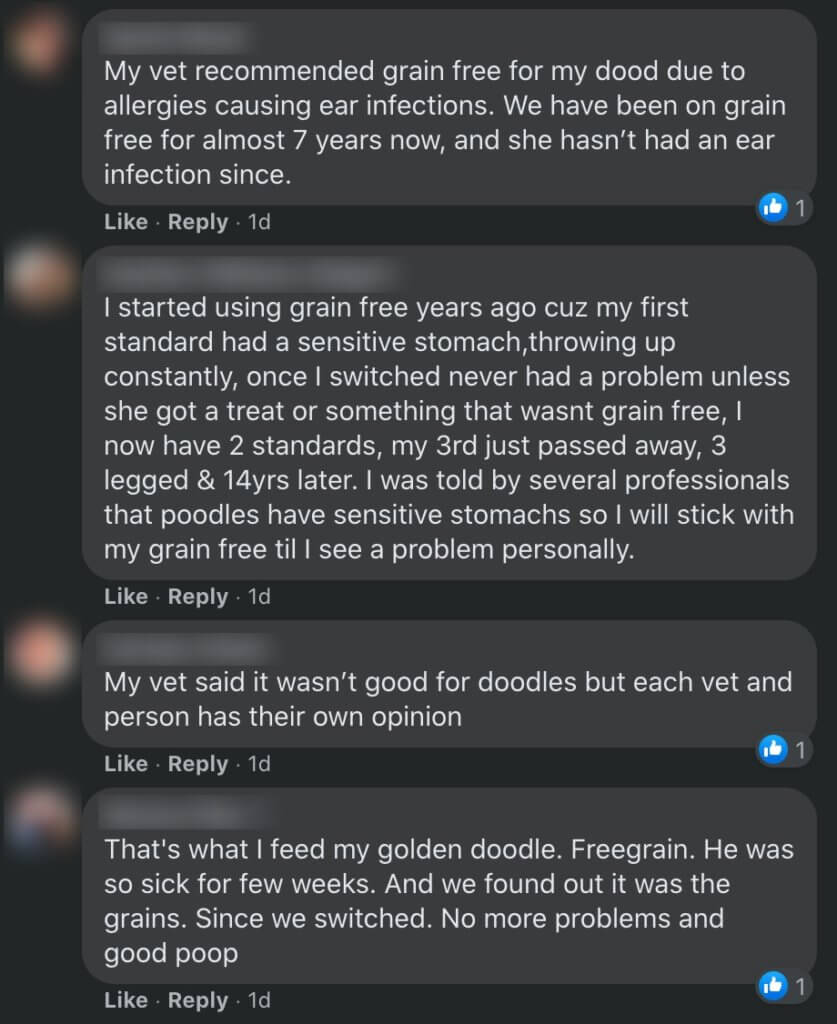

Now there have been some concerns on whether grain-free dog food has been causing heart problems in dogs, so be sure to consult your vet and do your own research on the matter before going all in on grain-free. Here is a review of canine dilated cardiomyopathy (DCM) in the wake of diet-associated concerns from the Oxford Academic Journal of Animal Science for more information.
Nevertheless, do your research and do what is best for you and your dog. Here are some top-rated grain-free dog foods that lots of people swear by:
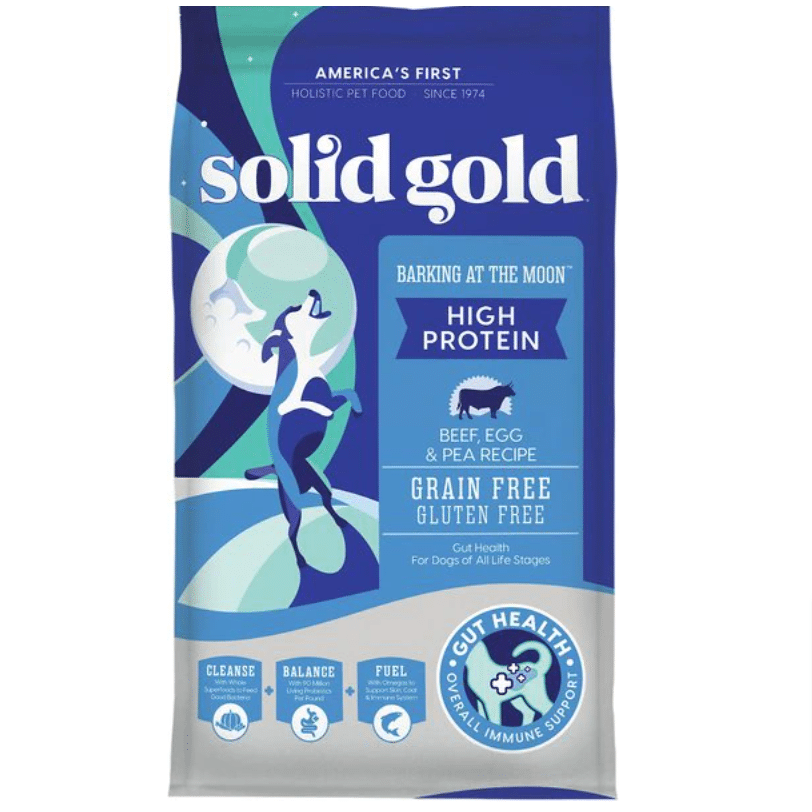
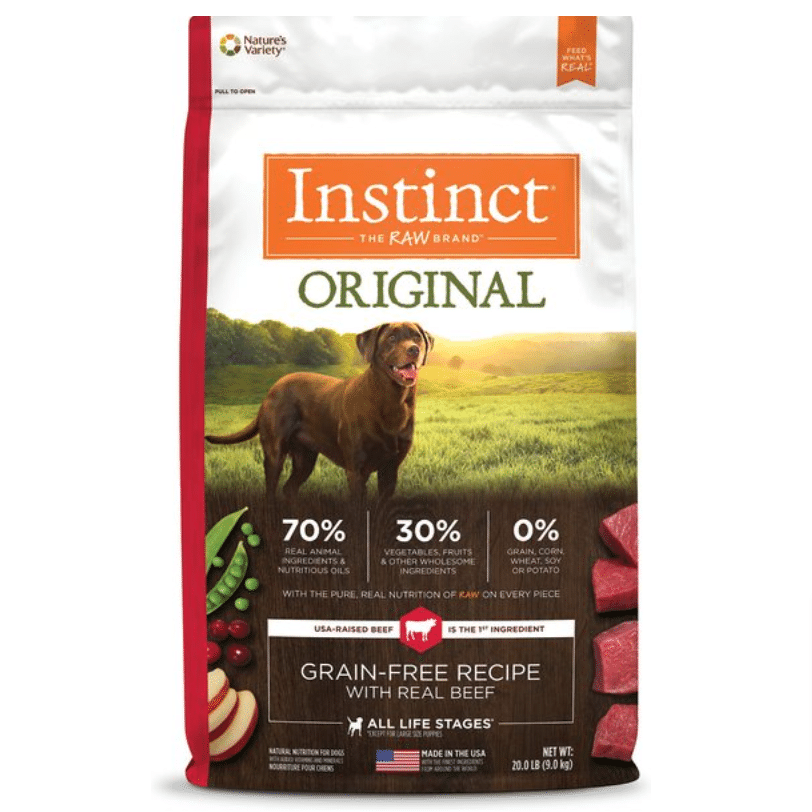
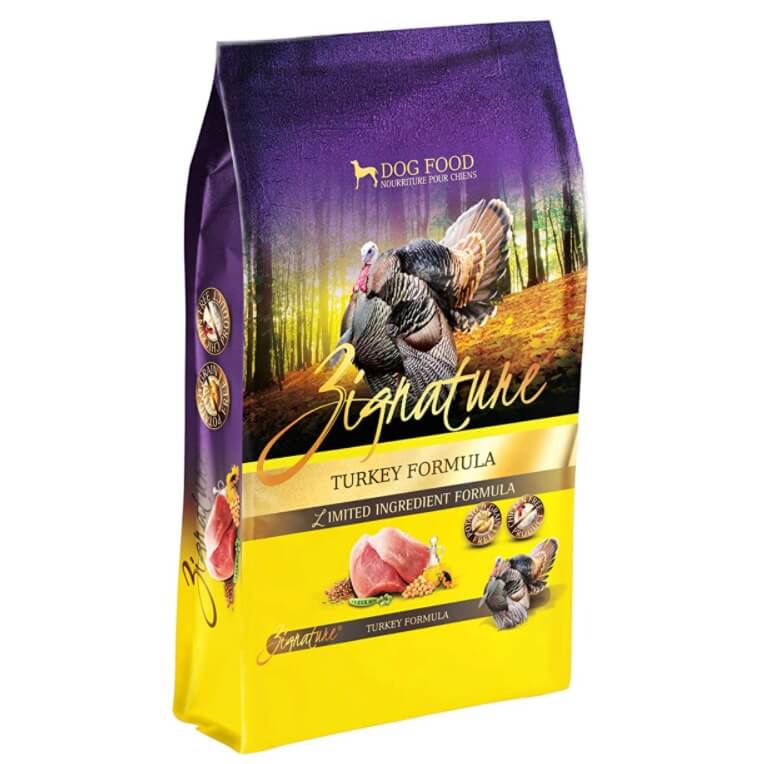
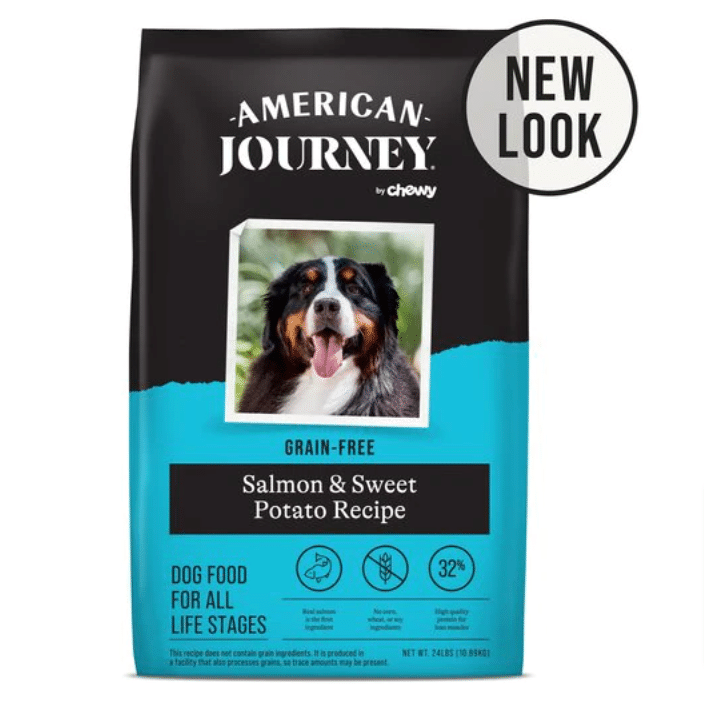
Learn How to Upkeep Your Doodle!

A Maintenance Grooming Guide to Keeping Your Dood Looking as Perfect as They Do on Grooming Day!
Plus, get $355 worth of Bonus Materials for FREE, including:- Doodle Parenthood Community and Support Group ($190 value)
- Video on Trimming Overgrown Eyebrows, Jowls, and Beard ($30 value)
- Video on What Improper Brushing Looks Like ($20 value)
- Easy to Use Doodle Grooming Tracker ($20 value)
- And MORE!
Attributions:
Pin it Image by JD, used under CC BY 2.0 / Enhanced from original
The information on this page is for informational purposes only. It is not intended to be a substitute for qualified professional veterinary advice, diagnosis, or treatment. Always seek the advice of your veterinarian or other qualified animal health provider with any questions you may have.

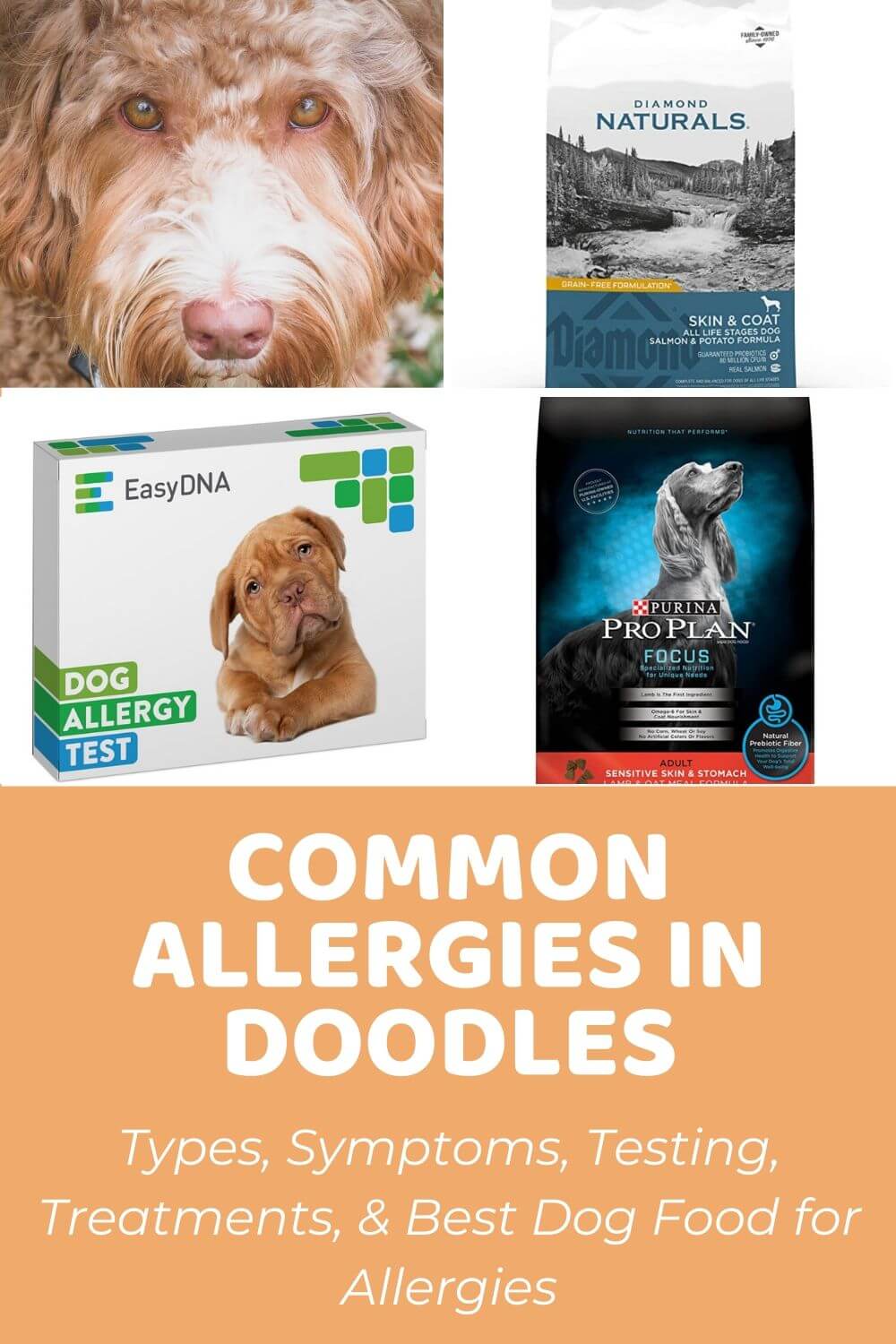
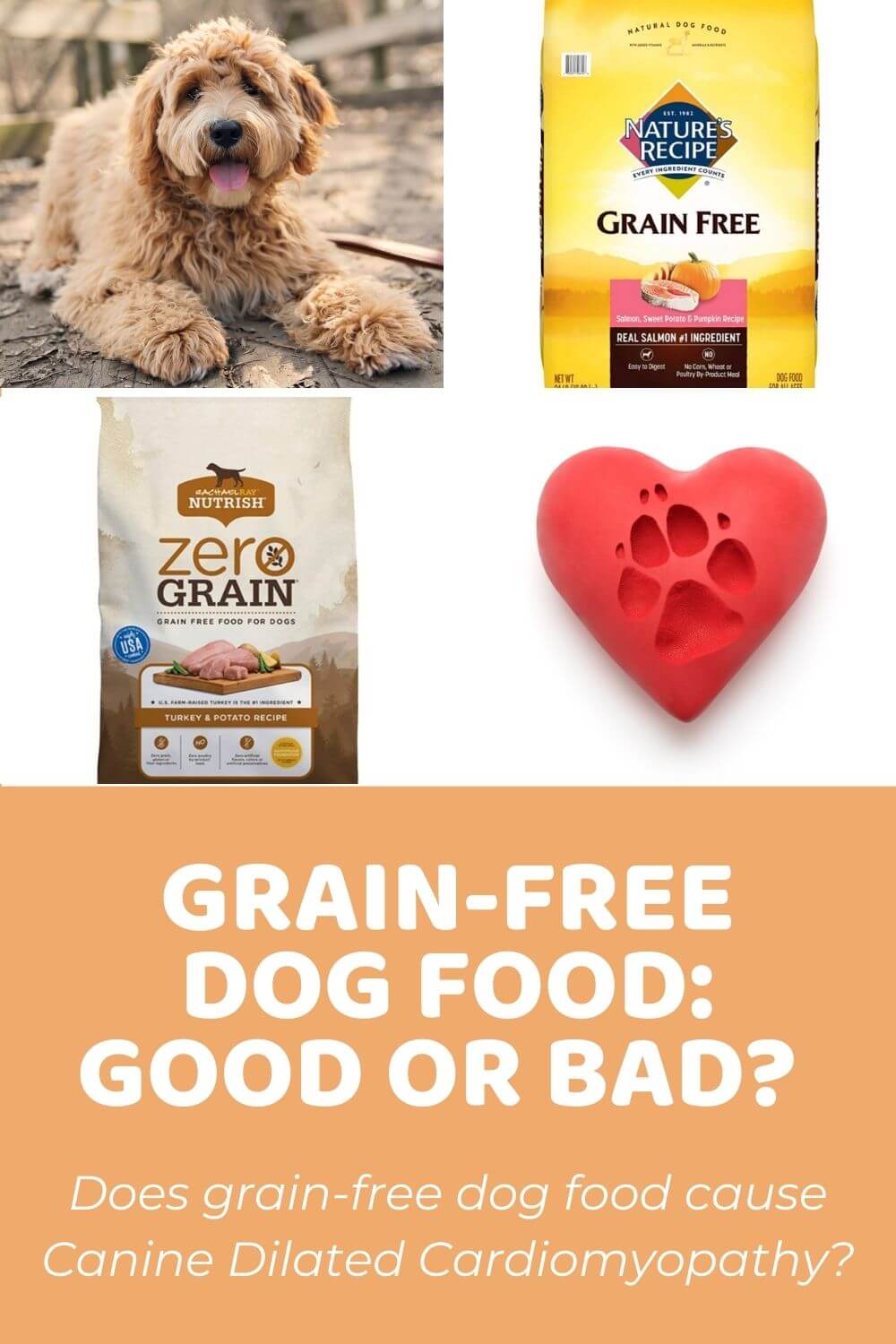
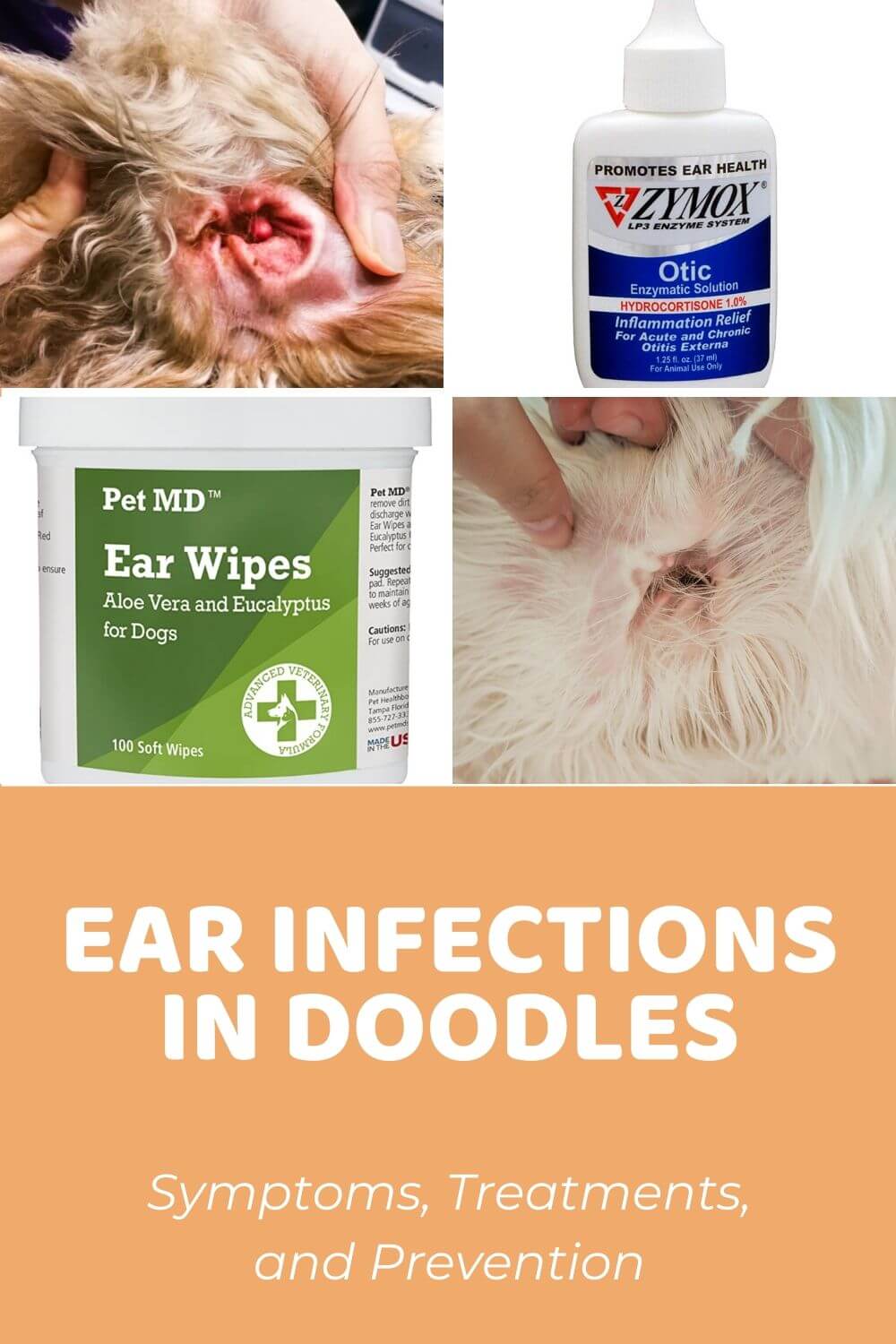
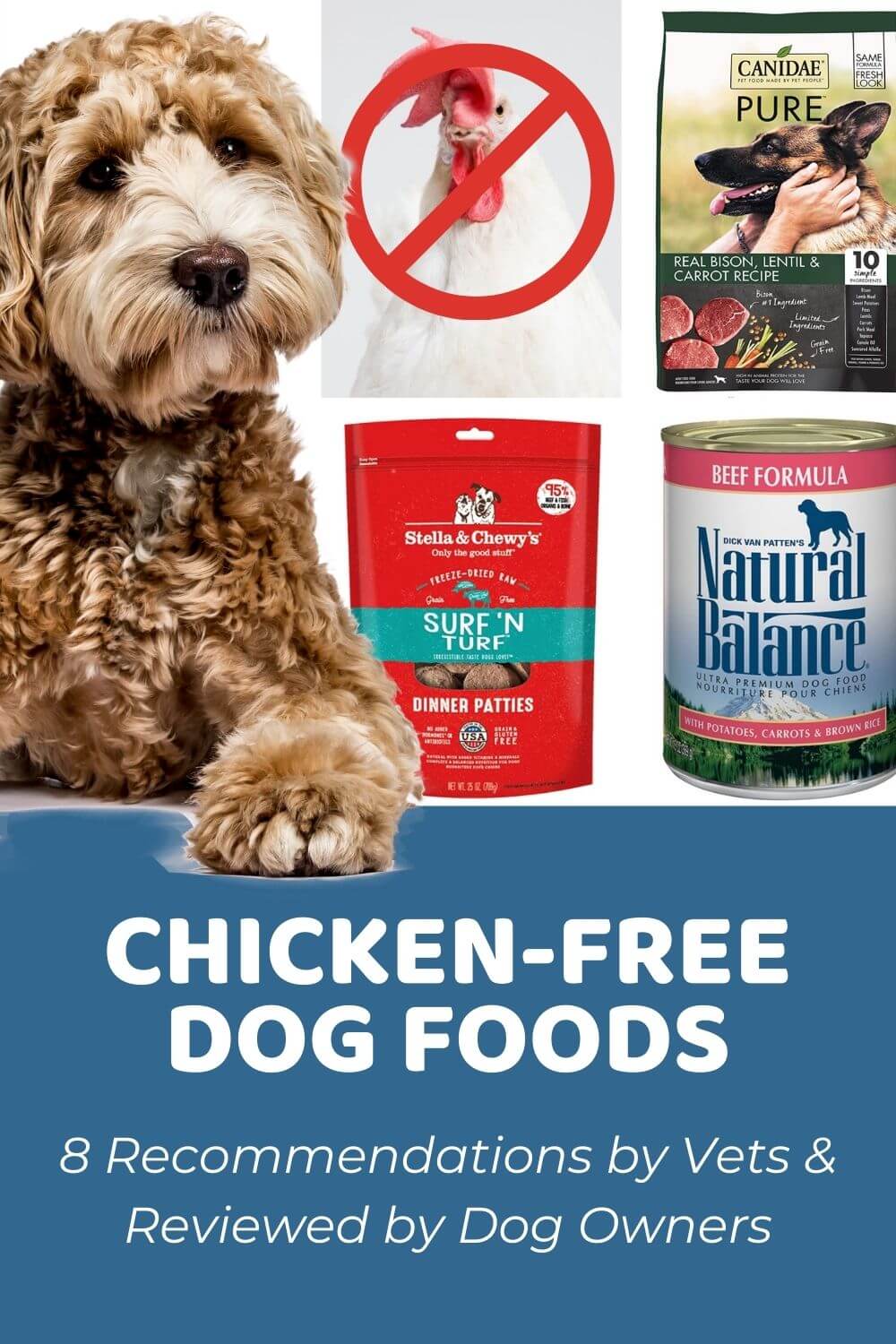
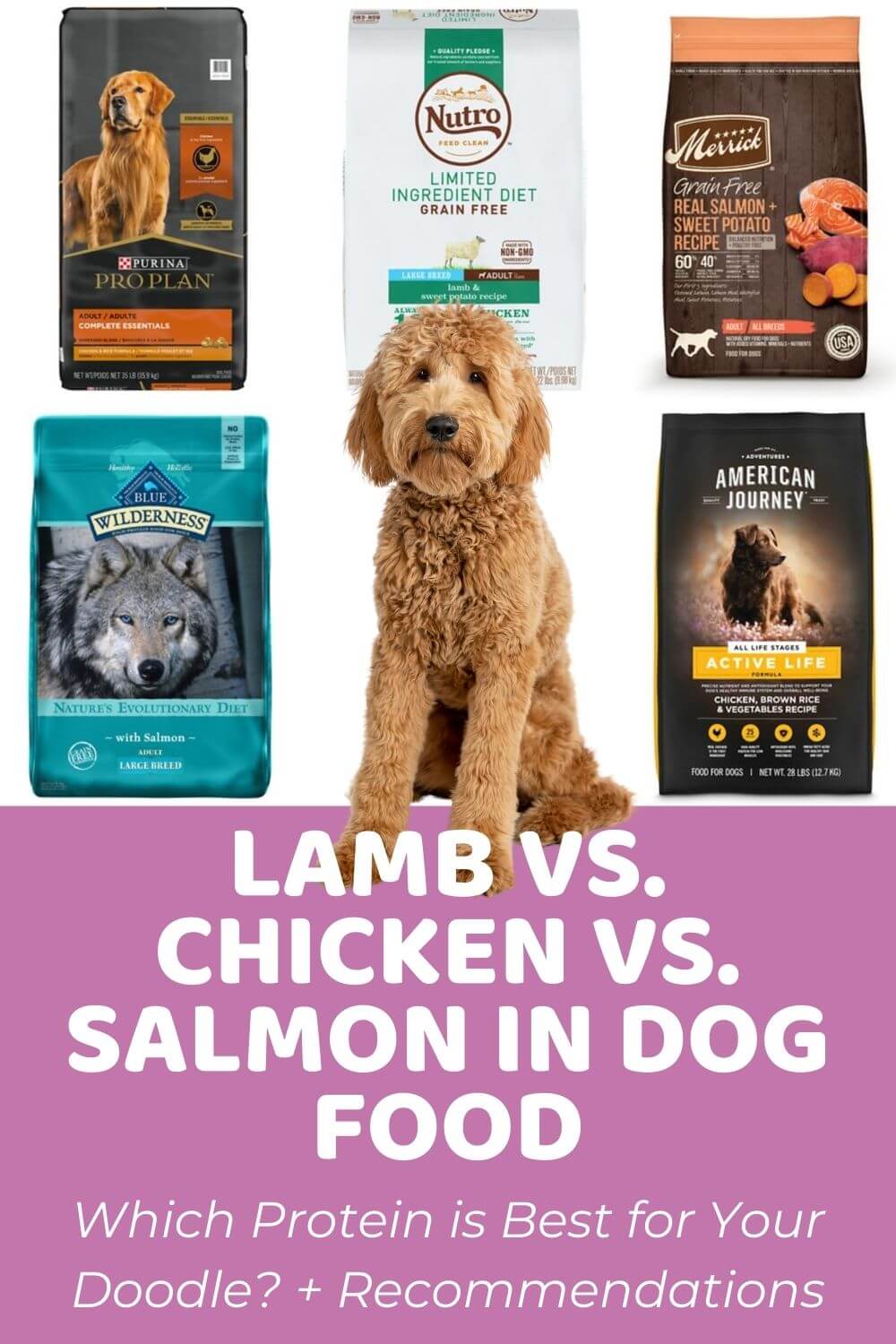
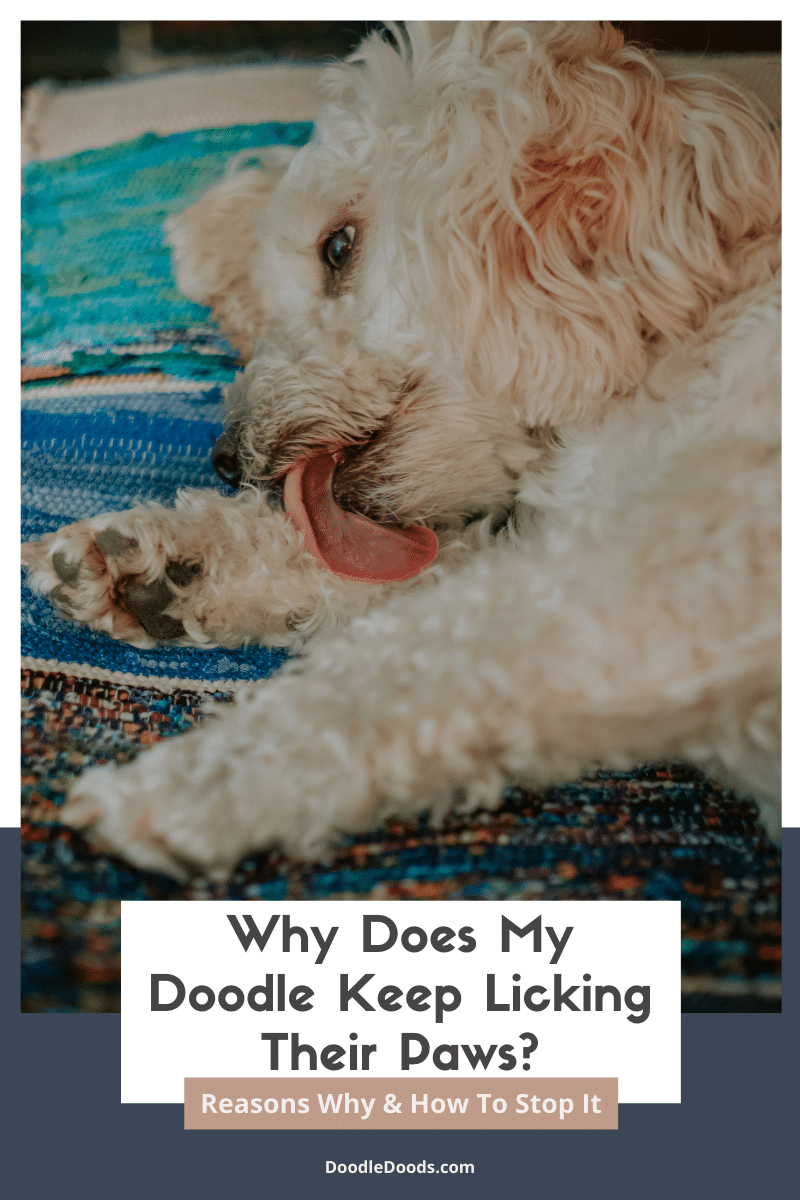
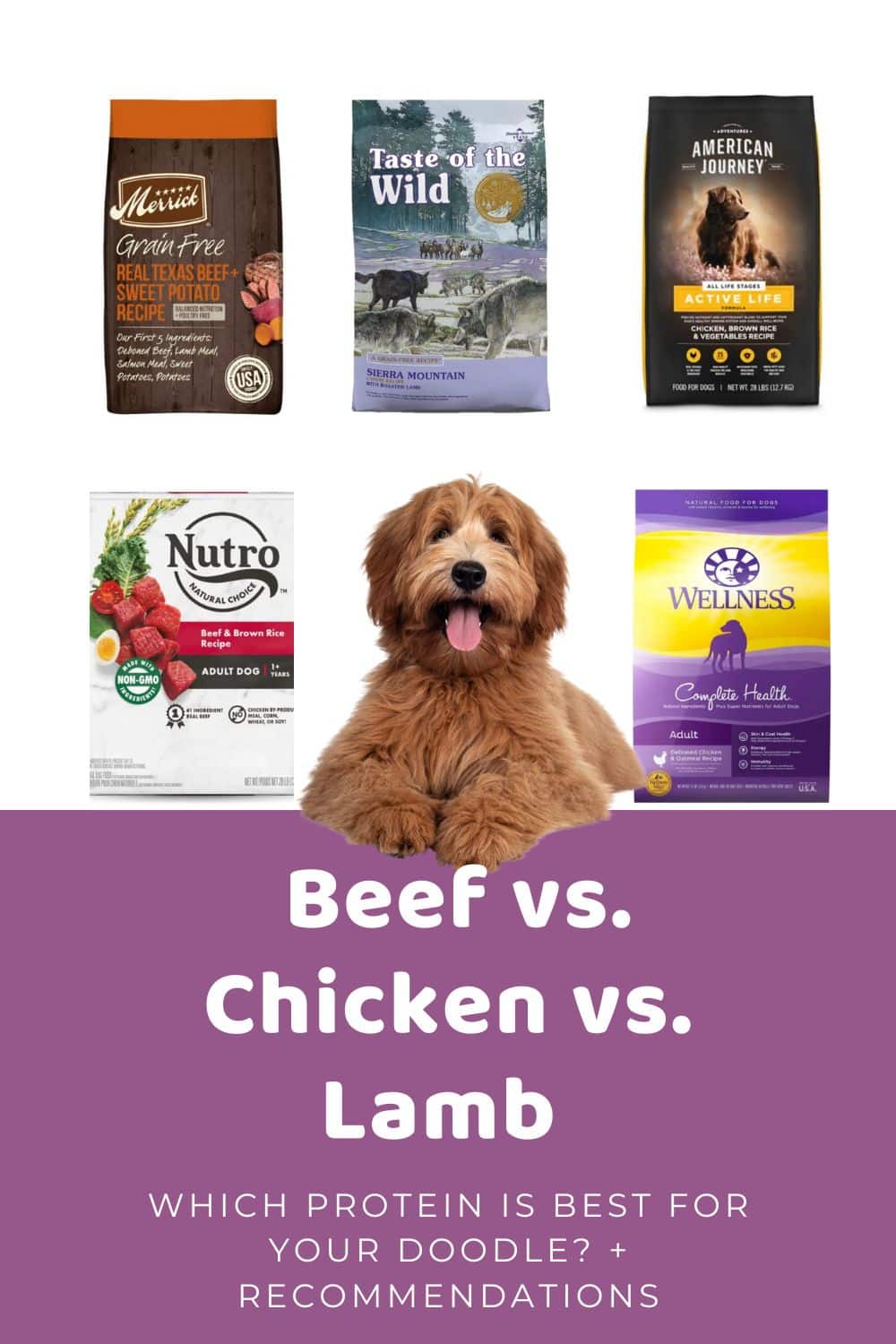
Does your Doodle have allergies? What are some ways you’ve helped to combat them? Leave your recommendations in the comment section below!